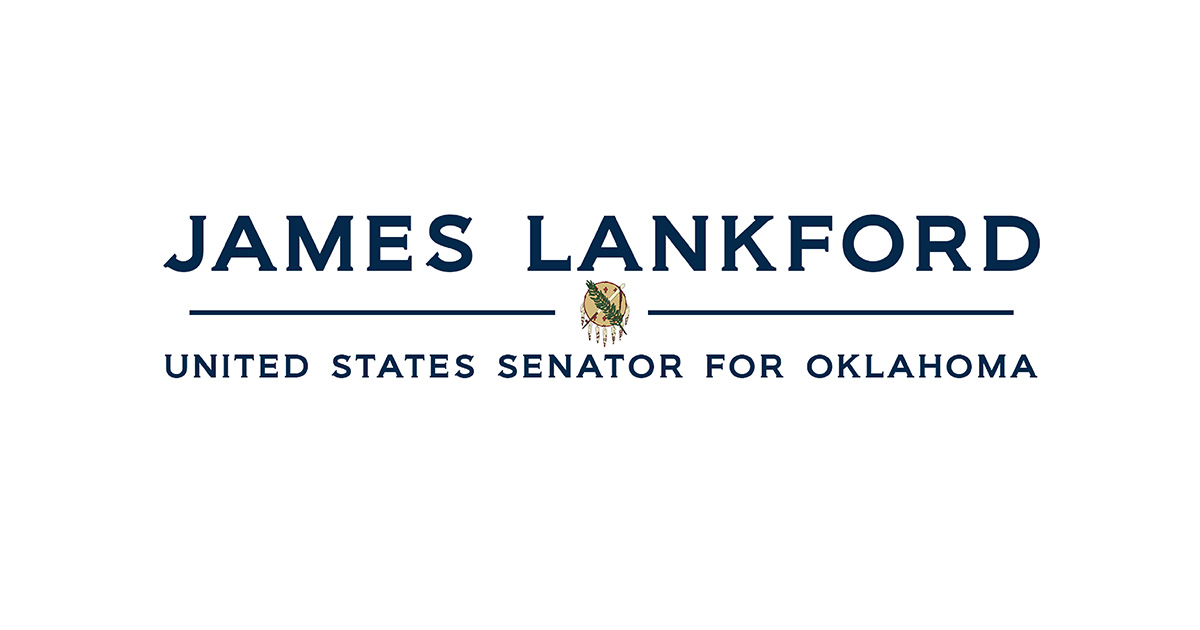Source: United States Senator for Oklahoma James Lankford
WASHINGTON, DC – Senator James Lankford (R-OK) joined Senator Joni Ernst (R-IA) and their colleagues to offer a resolution to lift bureaucratic shipping restrictions and expedite food aid to Ukraine right away as the US and the world experience an emerging food crisis resulting from Russia’s lawless war. Lankford and Ernst are joined in introducing the resolution by Senators Chris Coons (D-DE), Mitch McConnell (R-KY), Dick Durbin (D-IL), Chuck Grassley (R-IA), Jim Rich (R-ID), Patrick Leahy (D-VT), and Thom Tillis (R-NC).
“Oklahoma farmers and producers are willing and able to feed our nation and the world, if we’ll just get the government out of the way and remove the red tape that prevents us from getting food to those affected most by Putin’s war,” said Lankford.
“The world is witnessing an emerging food crisis as a direct result of Putin’s lawless assault against Ukraine; Russia is engaging in a ‘food war,’” said Ernst. “Iowan and American farmers are ready to step in and help, but bureaucratic red tape is putting an enormous restriction on our shipping capacity that is actually increasing costs to the taxpayer while further delaying the vital delivery of food aid at a time when speed is critical. I’m proud and encouraged to see growing, strong, and bipartisan support for this temporary cargo wavier from some of the most important agriculture groups in Iowa and the nation as well as from so many of my colleagues from across the aisle in the Senate. The need to act—and quickly—has never been clearer.”
Current law mandates 50 percent of US food aid exports to be shipped on US flagged vessels, a rule that increased shipping costs by an average of $52.6 million per fiscal year between 2013 and 2018 (on average).
Astonishingly, there are only four dry-bulk shipping vessels—the preferred means for moving large commodities, including food aid—worldwide that meet these shipping requirements while there are more than 12,000 vessels operating globally, according to USDA. The total US flagged ships make up less than one percent of the global shipping fleet. Under current law, the President of the United States, Secretary of Defense, or Congress can waive the 50 percent requirement temporarily.
###
